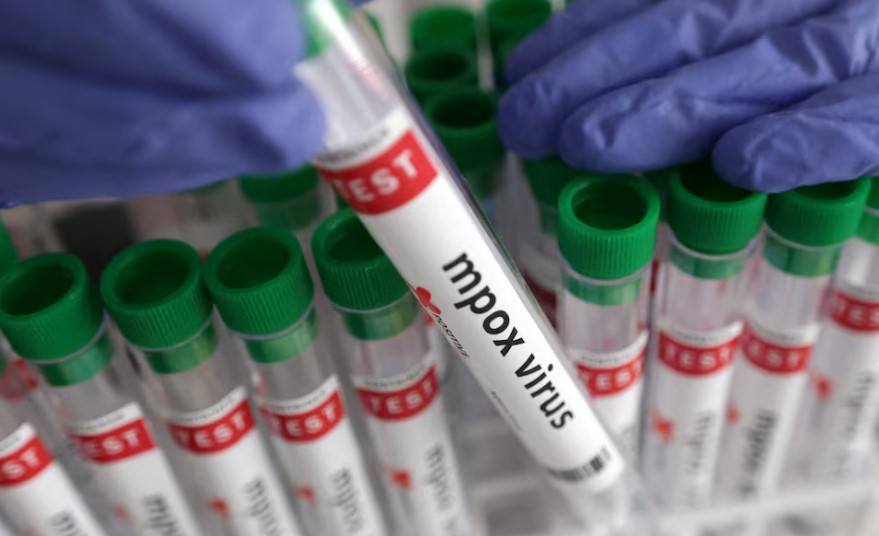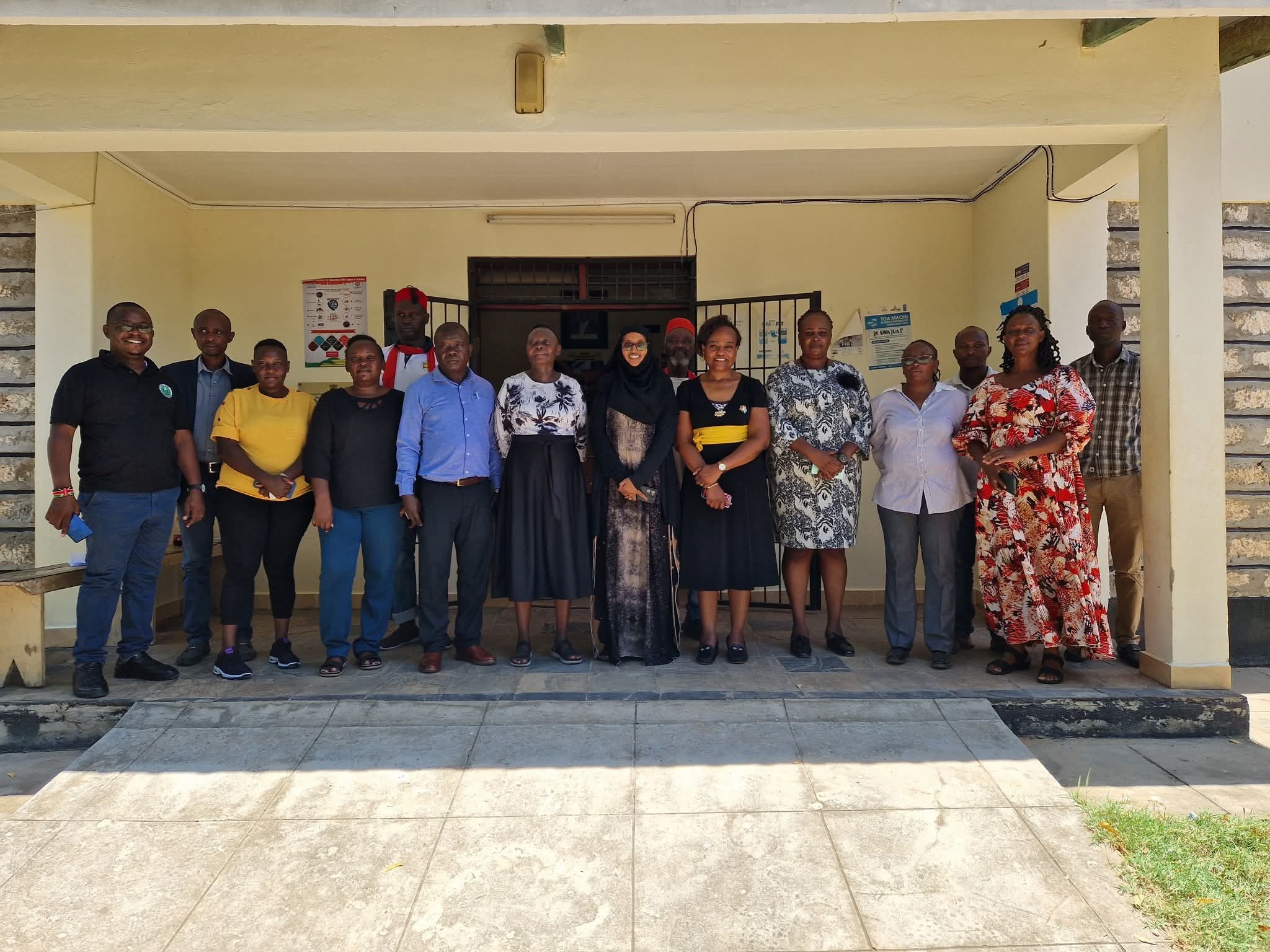Kenya reports two new mpox cases bringing confirmed total to 31

Efforts to educate the public on mpox prevention and control are ongoing, focusing on community engagement.
Two new cases of mpox have been reported in Kenya — one in Nakuru and one in Mombasa — bringing the total number of confirmed cases in the country to 31.
In a statement released on Monday, Public Health Principal Secretary Mary Muthoni confirmed the new cases.
More To Read
- Gaza faces humanitarian disaster with thousands trapped in flooded camps
- England confirms new mpox strain: What you need to know
- Kilifi County reports increase in dog bites and rabies cases
- Two new Mpox cases confirmed in Kenya, including patient who recently returned from South Sudan
- Kenya steps up border checks as Ethiopia confirms outbreak of Marburg Virus Disease
- Mpox detected in Garissa, patient isolated as officials trace contacts
"We remain committed to controlling the mpox outbreak and safeguarding the health and safety of all Kenyans, especially during this festive season," said Muthoni.
"We appreciate the continued efforts of the public in supporting our fight against this outbreak and in ensuring the well-being of our nation."
The 31 confirmed cases are distributed across 12 counties, with the highest number in Nakuru (10 cases), followed by Mombasa (8 cases) and Nairobi (2 cases).
A total of 217 contacts have been identified, with 204 monitored for 21 days. Of these, nine contacts have tested positive, while four are still being followed up.
The Ministry of Health has confirmed that over 2.6 million travellers have been screened at various points of entry, with suspected cases undergoing further investigation.
A total of 351 samples have been tested at the National Public Health Laboratory (NPHL) and other partner laboratories, with 31 returning positive results (a positivity rate of 8.8 per cent).
Muthoni noted that in response to the outbreak, the Ministry of Health, in collaboration with its partners, has deployed a multidisciplinary rapid response team to assist with case searches, contact tracing, and the management of confirmed cases. This includes providing mental health and psychosocial support.
Efforts to educate the public on mpox prevention and control are ongoing, focusing on community engagement.
Prevention measures
To protect yourself from contracting mpox, avoid close, skin-to-skin contact with anyone who has a rash resembling mpox.
Do not share bedding, towels, or clothing with individuals who have mpox.
Wash your hands frequently with soap and water or use an alcohol-based hand sanitiser, particularly after contact with sick individuals or their environment.
Refrain from touching your face, especially your eyes, nose, and mouth.
Avoid sharing personal items such as towels, utensils, or clothing.
Limit unprotected sex and reduce the number of sexual partners.
If you develop a new, unexplained rash or other symptoms of mpox, isolate yourself and seek medical attention immediately. Provide information about any recent travel or close contacts.
Exercise caution around wild animals and avoid consuming uninspected meat and meat products from wild animals.
Top Stories Today















































